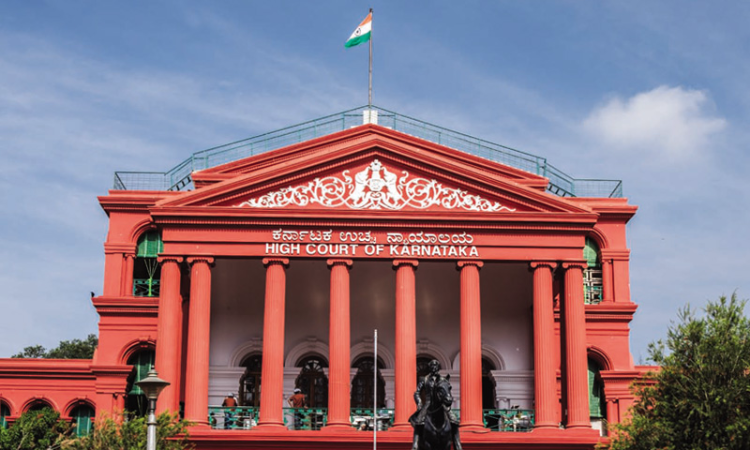Examining The Accused And Recording Their Statement Under S.313 CrPC: Karnataka High Court Issues Directions For Trial Courts To Follow
Mustafa Plumber
13 Oct 2021 8:00 PM IST

"The questions must be simple and specific to the evidence against the accused. A long string of questions couched in complex sentences must be avoided. "
Next Story


